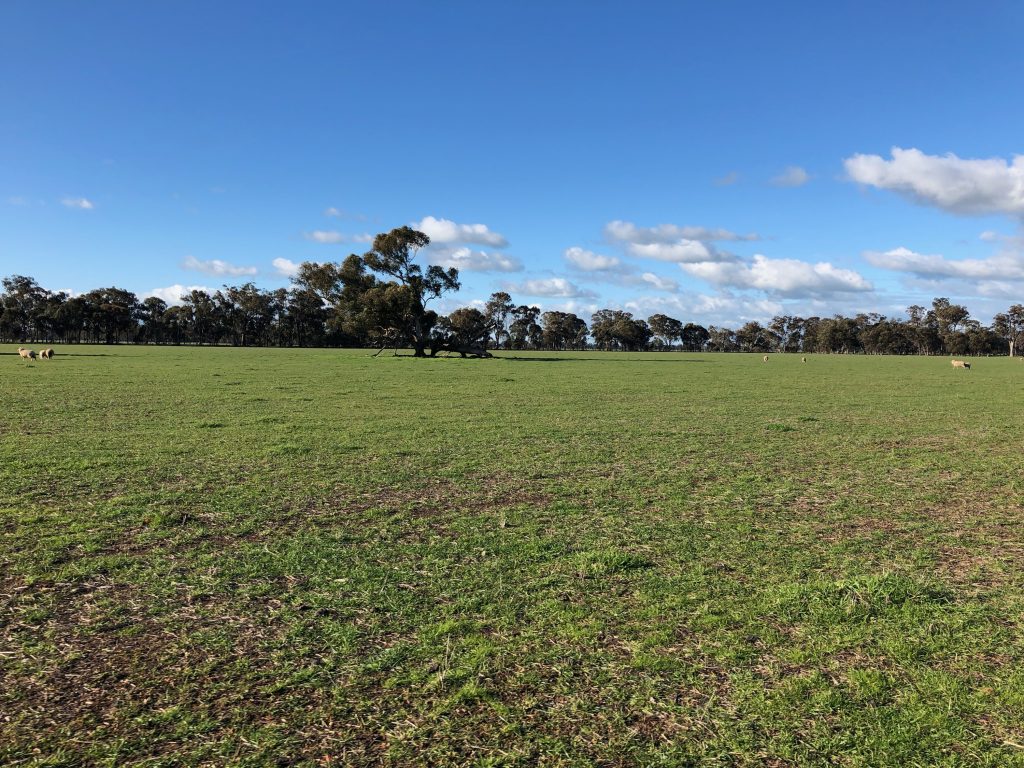
Microsoft and FRV Australia team up to add renewable energy to the grid
I’m excited to share an update on a major project that will bring additional renewable energy capacity online in Australia while helping Microsoft continue to progress on its sustainability journey.

Last year, Microsoft signed a 15-year power purchase agreement (PPA) with Fotowatio Renewable Ventures Australia (FRV Australia) for its new Walla Walla Solar Farm in the Riverina region of New South Wales. Once the project is online, it will help meet Microsoft’s renewable energy goals at our Australian data centres.
The PPA is the first of its kind for Microsoft in Australia. It was instrumental in helping FRV Australia – which specialises in developing sustainable energy solutions – secure funding for the Walla Walla Solar Farm project.
With a peak power capacity of around 300 megawatts, the farm will add clean energy to the electricity grid and enable Microsoft to move closer to achieving its global goal of shifting to 100 per cent renewable energy supplies by 2025. This means we will have PPAs for green energy contracted for 100 per cent of carbon-emitting electricity consumed by all our data centres, buildings and campuses.
The PPA also allows Microsoft to take a meaningful step towards our 100/100/0 commitment, which is to match 100 per cent of our electricity consumption, 100 per cent of the time, with zero-carbon energy purchases by 2030.
Transitioning to a decarbonised energy grid won’t happen overnight, but PPAs are one way for Microsoft to play its part in accelerating this transition and power more of our data centres with renewable energy. Buying through PPAs that make a long-term commitment helps raise the financing needed to bring new electricity generation online. It also provides the necessary demand signal to spur the development of new sustainable energy solutions.
In fact, we were the second-largest corporate buyer of clean energy globally through PPAs in 2021, according to research by BloombergNEF. In total, Microsoft has signed PPAs that will contribute to bringing online more than 10 gigawatts of new renewable energy capacity around the world.
This is a key principle of Microsoft’s renewable procurement strategy – that we contribute to growing grid capacity rather than just purchasing what is already available.
As demand for our data centres continues to grow in Australia and around the world, we’re also focusing on other ways to make them more sustainable. These include using advanced water-cooling features, reducing our reliance on diesel fuel for backup power, and reducing embodied carbon in construction. For instance, a Microsoft data centre in Ireland recently installed batteries that not only provide backup power but can also be used to help maintain a steady flow of energy on the grid.
We’re also working closely with governments, regulators and energy providers here and abroad to advocate for policies that support a clean energy future. You can see the priorities and principles that guide Microsoft’s worldwide advocacy efforts in our statement on our carbon and electricity policy, which we released in September.
I encourage other organisations to consider PPAs and other forms of support for sustainable energy solutions to not only meet their own sustainability commitments but also foster development of the infrastructure needed for Australia’s transition to renewable energy. It’s long-term investments like these that will make projects feasible for groups like FRV Australia and help position the nation as a world-leading green economy.














